Opinion: Legal protection for cannabis needs to be extended to hiring practices
The Minneapolis MayDay Parade in 2017, organized by In the Heart of the Beast Puppet and Mask Theatre, marches along Bloomington Ave.
While many states have legalized recreational cannabis use, most states still allow employers to discriminate against employees for their choice to use.
In the U.S., 19 states along with Washington D.C. allow recreational cannabis use for adults, yet only six states have imposed limitations on employers’ ability to discriminate in hiring practices based on recreational cannabis use.
This discrepancy highlights one of the major problems with cannabis laws being determined on a state-by-state basis, rather than the federal government taking a stance in favor of recreational use.
“Federal cannabis is still illegal, so there’s a contradiction here,” said Xavier Perez, a criminology professor at DePaul. “Once, or if, it becomes legal at a federal level, we’d have more grounds to end drug testing by employers. I believe that this issue is an extension of civil rights but at this point it is difficult for us to make grounds on this matter.”
For many cannabis activists, including Xavier Perez, the discriminatory history of cannabis is justification enough to fight for the end of testing from employers in recreational states.
“Drug testing is absolutely an extension of the War on Drugs,” Xavier Perez said. “It is an extension of the morality that our country has about drugs, and by extension, about people of color. Drugs are racial.”
The demonization of cannabis, and other drugs, was a calculated strategy by politicians to criminalize minority populations. According to Xavier Perez, cannabis was associated with Mexicans in the west, and Black Americans in urban settings, and then criminalized to outlaw racial minorities by-proxy.
“Random marijuana testing in the workplace, such as pre-employment drug screening, has never been an evidence-based policy,” said Paul Armentano, deputy director of the NORML Foundation, a nonprofit established to educate the public about cannabis. “Rather, this discriminatory practice is a holdover from the zeitgeist of the 1980s ‘War on Drugs.”
Discrimination based on recreational cannabis use in states becomes even more problematic when looking at the history of alcohol in the United States. Prohibition occurred in part due to the association of alcohol with European ethnic groups that are now viewed as “white.” The transition from alcohol being a demonized drug to a widely accepted drug is characterized by this transition to whiteness.
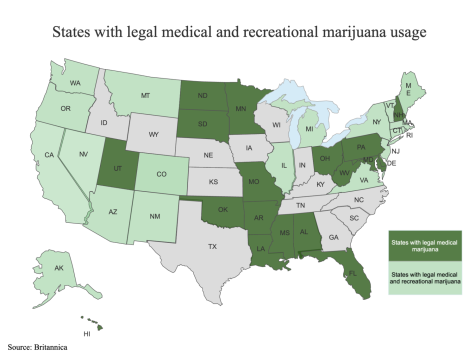
Compared to alcohol, the effects of cannabis on society are trivial. According to the Cannabis Policy Project, cannabis use does not contribute to overdose deaths, long-term health problems, violent crimes or serious injuries – all of which can not be said about alcohol.
While it is now widely understood that marijuana is significantly less harmful than alcohol to health, and can actually be used for medicinal purposes, alcohol continues to be an acceptable drug for employees to consume.
“Disqualifying potential employees for cannabis use is both outdated and bad for business,” Violet Cavendish said, communications manager at Marijuana Policy Project. “It simply does not make sense for responsible, law-abiding citizens to be denied employment or risk losing their jobs for using cannabis outside of the workplace, especially considering workers can’t be fired for using far-more dangerous substances like tobacco and alcohol.”
While the abolishment of cannabis drug testing by employers may seem like a radical idea to many, there is a middle ground.
While Xavier Perez is passionate in his belief that ending cannabis testing is a civil rights issue, he does believe that it can still be utilized as a reaction to bad performance in the workplace.
“If there seems to be interference with what you’re doing in the workplace, then there needs to be some action taken,” Xavier Perez said. “But when I think of drug use, it is medicinal. We have people taking all types of prescribed medication, and they’re fine. For people who take it medicinally, they’re self-medicating.”
The medicinal qualities of cannabis are recognized by most states, yet many of those same states, including Illinois, allow employment discrimination based on use.
“People shouldn’t face discrimination for legal activities they engage in off-the-clock,” Maritza Perez said, director of the Office of Federal Affairs at the Drug Policy Alliance. “This is especially true for marijuana patients who should not be penalized for using medicine they have the legal right to in states that have medical programs.”
Americans have seen a gradual movement towards recreational use, but even states that seem to be progressive in their attitudes have a long way to go to reckon with the destructive history of the criminalization of cannabis.
Cannabis testing needs to be removed as a barrier for hiring in states that have legalized recreational use in order to leave the discriminatory history of the drug in the past. While the ideal route would be to legalize cannabis on a federal level, recreational users in legal states should not have their job security threatened due to outdated and discriminatory practices.


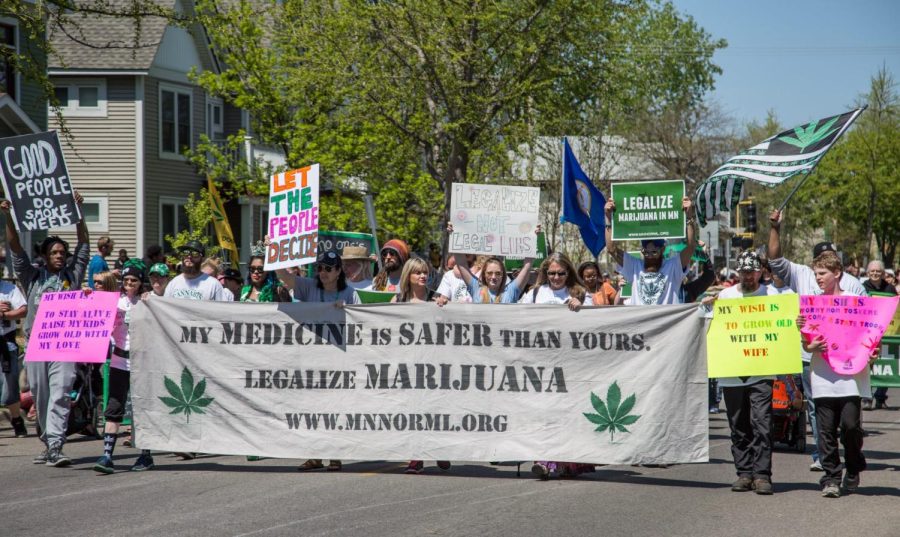
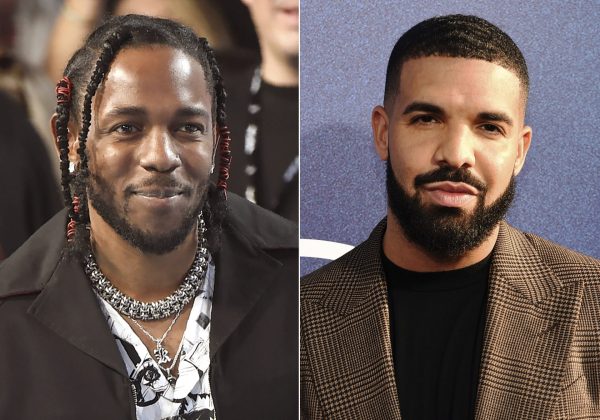
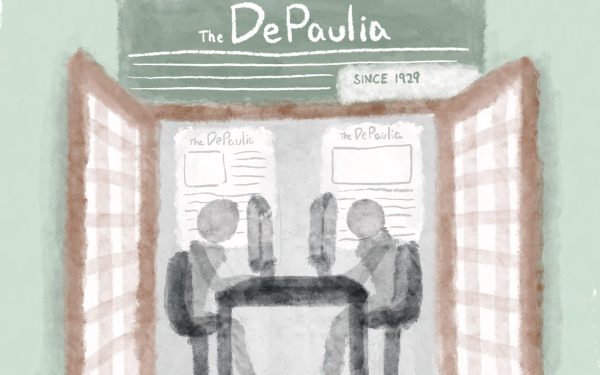



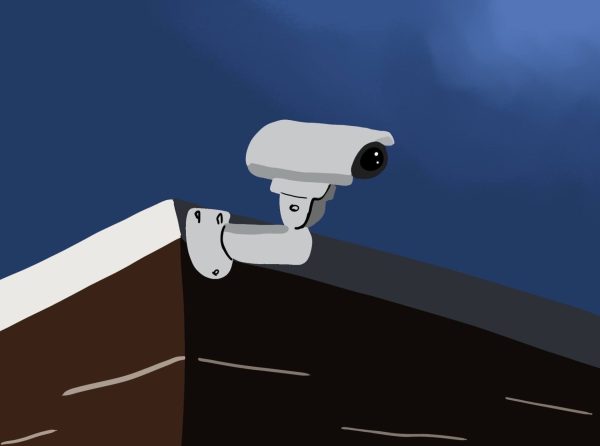
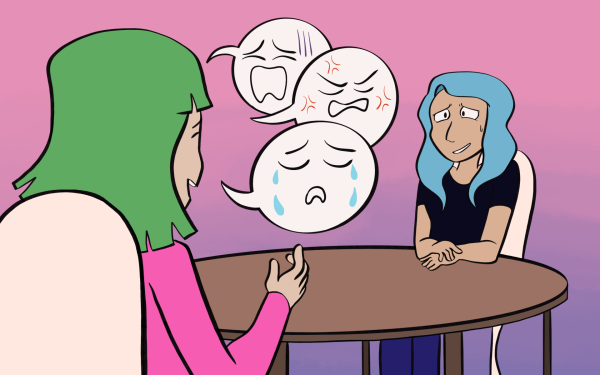
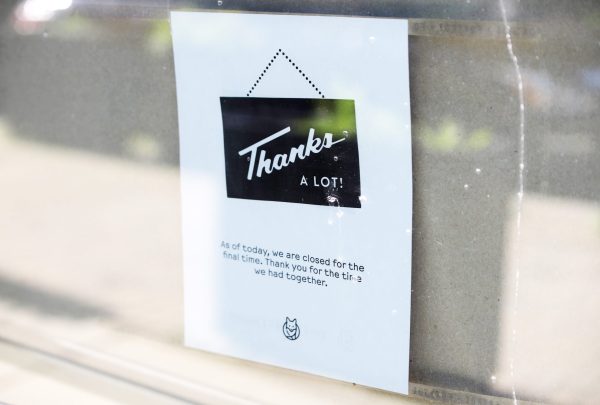


Shonda Broom • Oct 14, 2022 at 10:35 am
I am a nurse who lost my license in 2017 due to a failed preemployment screening for cannabis. The discipline shows up on my background check as fraud and abuse so it makes me unemployable in other industries as well. It’s affected my life, livelihood and how I support my family. It is definitely an extension of the War on Drugs and things must change. I currently help employees navigate their way through their state laws and knowing their rights and protections especially as a medical patient. I also assist employers with creating policy that reflects state law. There is much work to do but people should not be punished for drug testing. Urine screens are not indicative of recent use, amount, or even frequency of use. These tests don’t even measure how high someone is. They simply measure the fact that THC metabolites are in the body. It’s bias, discriminatory and wrong.
Shawn • Oct 3, 2022 at 2:12 pm
It’s a conclusive cover up when my neighbor is a truck driver and is working on maintaining a pristine 18 wheeler at any cost so much I see him working knowing damb well he can’t smoke period . #doublesword
So thanks for the increased tactile pain and worsening of scitzophrenia symptoms and disrupting my bipolar maintenance.
PS why don’t you send this to a doctor and thank them for the medication the had me on for two decades that statistical if you ask anyone they will all say it made them sick!
PPS go ahead and send it to a senator and thank them for the drug dealer and drug user that live in my neighborhood and thank him for a year of being locked up for serving my country 2
#SPCWEISGRAM2010